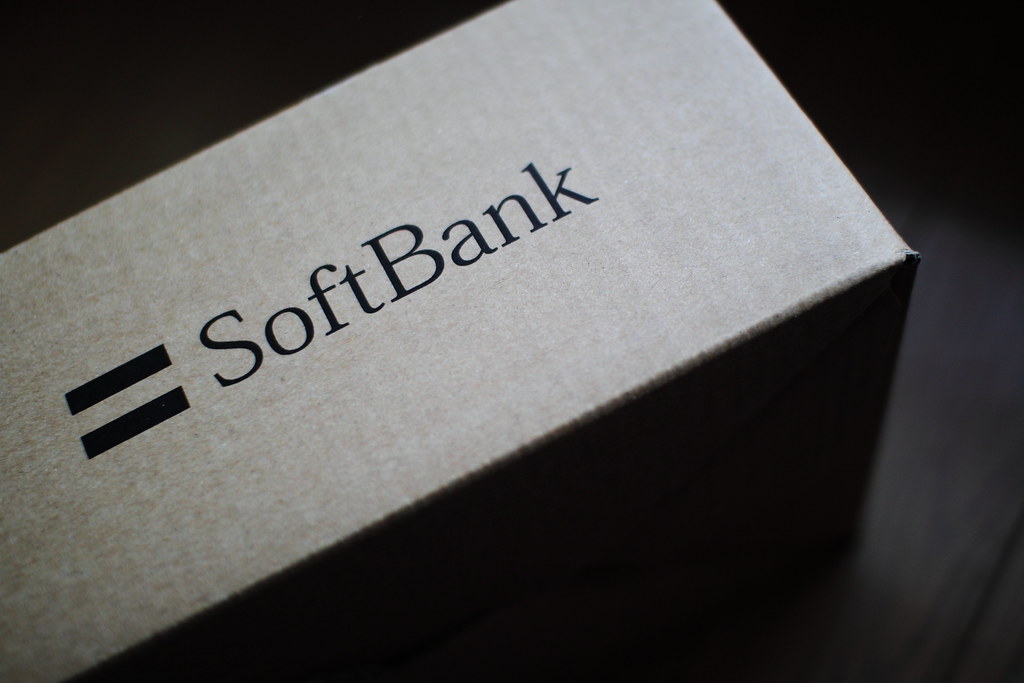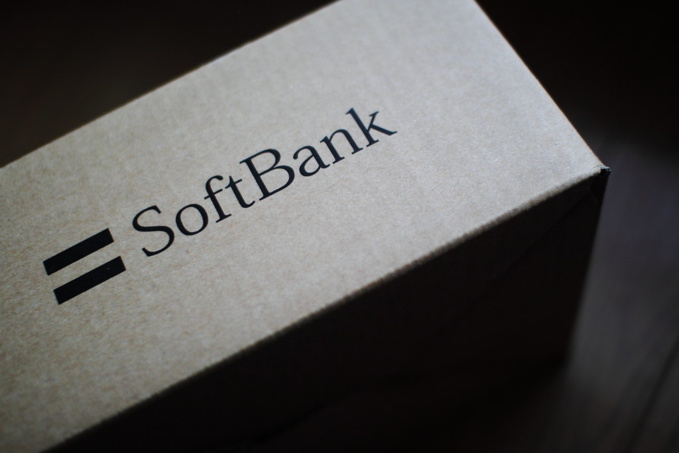Net profit of Japanese SoftBank in the third financial quarter of 2019 amounted to 55.04 billion yen ($ 501 million) against 698.29 billion yen for the same period a year earlier. This is stated in the report on the company's website.
The main reason for the reduction in quarterly profit of Masayoshi Son's company was the loss of its Vision Fund, an investment fund for technology projects. According to the report, the fund’s loss amounted to 225.1 billion yen (about $ 2 billion), although a year ago Vision Fund investments brought SoftBank a profit of 176.36 billion yen.
However, the fund recorded a profit of 331.87 billion yen from investments in Alibaba shares after the placement of companies in Hong Kong at the end of 2019. At the same time, SoftBank's quarterly revenue decreased by 3%, to 2.44 trillion yen, the report said.
In October-December last year, Vision Fund’s portfolio did not change compared to the previous quarter, according to which SoftBank reported losses for the first time in 14 years. The fund of the company still includes investments in 88 different assets.
In early February, The Wall Street Journal reported that the US hedge fund Elliott Management increased its stake in SoftBank by more than $ 2.5 billion. In a statement, Elliott Management said it was working with the leadership of the Japanese investment fund to provide material help SoftBank and steadily reduce the discount on its intrinsic value. News about the purchase of Elliott Management shares in SoftBank had a positive impact on the company's share value. At the close of trading on February 7 in Tokyo, investment fund shares rose 7.1%. According to American Forbes, this brought Son $ 1.2 billion, and his fortune increased to $ 21.6 billion at the close of trading in Japan.
Soon after, it became known that Softbank was unable to raise $ 108 billion for its new Vision Fund II fund, which the company announced the creation of in the summer of 2019. According to WSJ sources, the amount of funds that Softbank could raise may be half as much as expected, and therefore the company will have to finance the new structure on its own.
source: wsj.com, forbes.com
The main reason for the reduction in quarterly profit of Masayoshi Son's company was the loss of its Vision Fund, an investment fund for technology projects. According to the report, the fund’s loss amounted to 225.1 billion yen (about $ 2 billion), although a year ago Vision Fund investments brought SoftBank a profit of 176.36 billion yen.
However, the fund recorded a profit of 331.87 billion yen from investments in Alibaba shares after the placement of companies in Hong Kong at the end of 2019. At the same time, SoftBank's quarterly revenue decreased by 3%, to 2.44 trillion yen, the report said.
In October-December last year, Vision Fund’s portfolio did not change compared to the previous quarter, according to which SoftBank reported losses for the first time in 14 years. The fund of the company still includes investments in 88 different assets.
In early February, The Wall Street Journal reported that the US hedge fund Elliott Management increased its stake in SoftBank by more than $ 2.5 billion. In a statement, Elliott Management said it was working with the leadership of the Japanese investment fund to provide material help SoftBank and steadily reduce the discount on its intrinsic value. News about the purchase of Elliott Management shares in SoftBank had a positive impact on the company's share value. At the close of trading on February 7 in Tokyo, investment fund shares rose 7.1%. According to American Forbes, this brought Son $ 1.2 billion, and his fortune increased to $ 21.6 billion at the close of trading in Japan.
Soon after, it became known that Softbank was unable to raise $ 108 billion for its new Vision Fund II fund, which the company announced the creation of in the summer of 2019. According to WSJ sources, the amount of funds that Softbank could raise may be half as much as expected, and therefore the company will have to finance the new structure on its own.
source: wsj.com, forbes.com



















